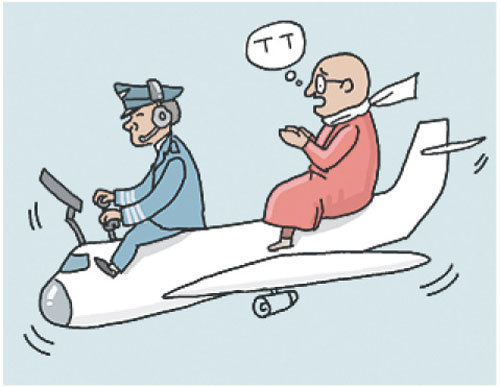Forgiveness is the future
Forgiveness is the future
Posted June. 16, 2021 07:25,
Updated June. 16, 2021 07:25

There are people who feel sympathetic even toward perpetrators. Desmond Tutu, a bishop of the Anglican Church of Southern Africa and a Nobel Peace Prize laureate, is an example. His sympathy starts from admitting his own weaknesses.
During his first visit to Nigeria, he was traveling on an airplane operated by black Nigerian pilots, which was unimaginable under the Apartheid government. He was both envious and proud of them for being black. When the plane was met with turbulence and dropped in altitude, however, a thought passed his mind, “What are we going to do? We don’t have any white pilots. Can black pilots get us out of this terrible situation?” He was a leader of the black consciousness movement that blacks can stand on their own without being dependent on whites. Yet, he had subconsciously accepted the idea that whites are superior.
His point is that we have to understand that humans are easily swayed by dominant opinions and that we should be kind to others. He says that we have to look at perpetrators from a perspective of sympathy that I, myself, might be in the same situation without the grace of God. But how can whites who had done horrible things to blacks be forgiven? He is talking about forgiveness when revenge seems more appropriate. This is the world where the Jews are praised for chasing long miles and condemning those who committed crimes against them over 50 years ago. However, Tutu does not agree with the ways of the Jews filled with revenge. “Jesus who is also a Jew might ask, “what about forgiveness?””, he said after his visit to the Holocaust Museum in Jerusalem. Despite the extreme right Jews calling him a “black Nazi pig,” he said there is no future without forgiveness. Forgiveness is the future. This was the basic principle of the Truth and Reconciliation Committee. It was the shining politics of forgiveness, unprecedented in the history of the world.




![[김순덕의 도발] ‘李부터 연임’ 개헌, 이 대통령은 가능성을 말했다](https://dimg.donga.com/c/138/175/90/1/wps/NEWS/IMAGE/2026/01/16/133172656.1.jpg)


